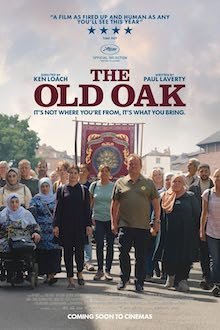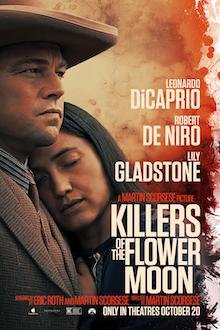Direction: Phillip Noyce
Country: USA
Directed by Phillip Noyce, known for films like Rabbit-Proof Fence (2002) and The Quiet American (2002), Fast Charlie is an old-school action crime thriller that incorporates elements of romance, creating a contrast with its unremittingly violent scenes. Adapted from Victor Gischler’s novel Gun Monkeys, the film maintains a straightforward narrative, offering instant firmness and watchability. And there’s this sly humor that venomously assesses the lack of morality in the Southern mob lands.
Pierce Brosnan takes on the role of Charlie Swift, a hitman loyal to Stan (James Caan in his last role), an aging mob boss in Biloxi, Mississippi, for over 40 years. When a rival boss (Gbenga Akinnagbe) from New Orleans arrives, leaving a trail of death, Charlie is tasked with avenging the losses. He ends up teaming up with his crush, Marcie Kramer (Morena Baccarin), whose ex-husband was targeted by Charlie.
Sometimes ferocious, sometimes funny, occasionally feeling routine, Fast Charlie is an ambitious adaptation by Richard Wenk, offering a taste of 1980s action flicks, where a hero like Charlie could be played by Charles Bronson or Chuck Norris.
Noyce's no-frills approach to the story is an asset, eschewing sensationalist tactics. Still, you may find yourself wishing less obvious, more demanding situations and a more substantial result. It could use a lot more discipline in key moments, but the nature of the story naturally supplies the required energy to keep us engaged regardless the predictability of the plot. For all that, Fast Charlie is a mildly entertaining little crime thumper that sufficiently delivers on its genre expectations.








































